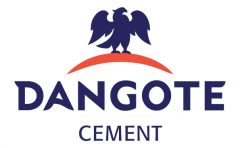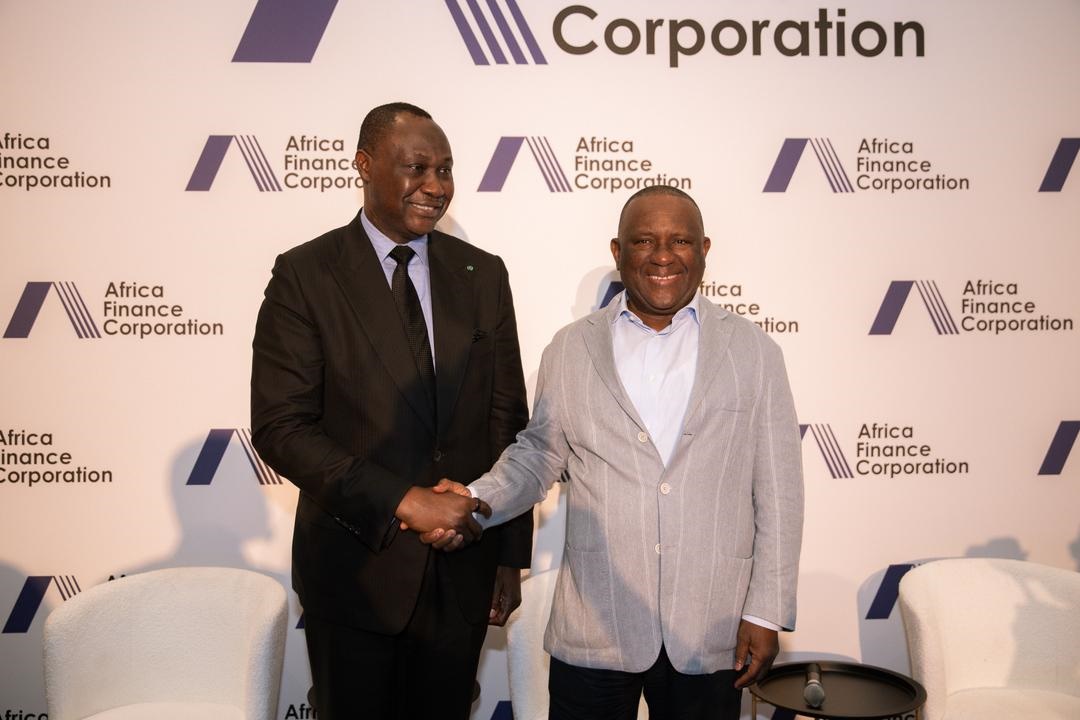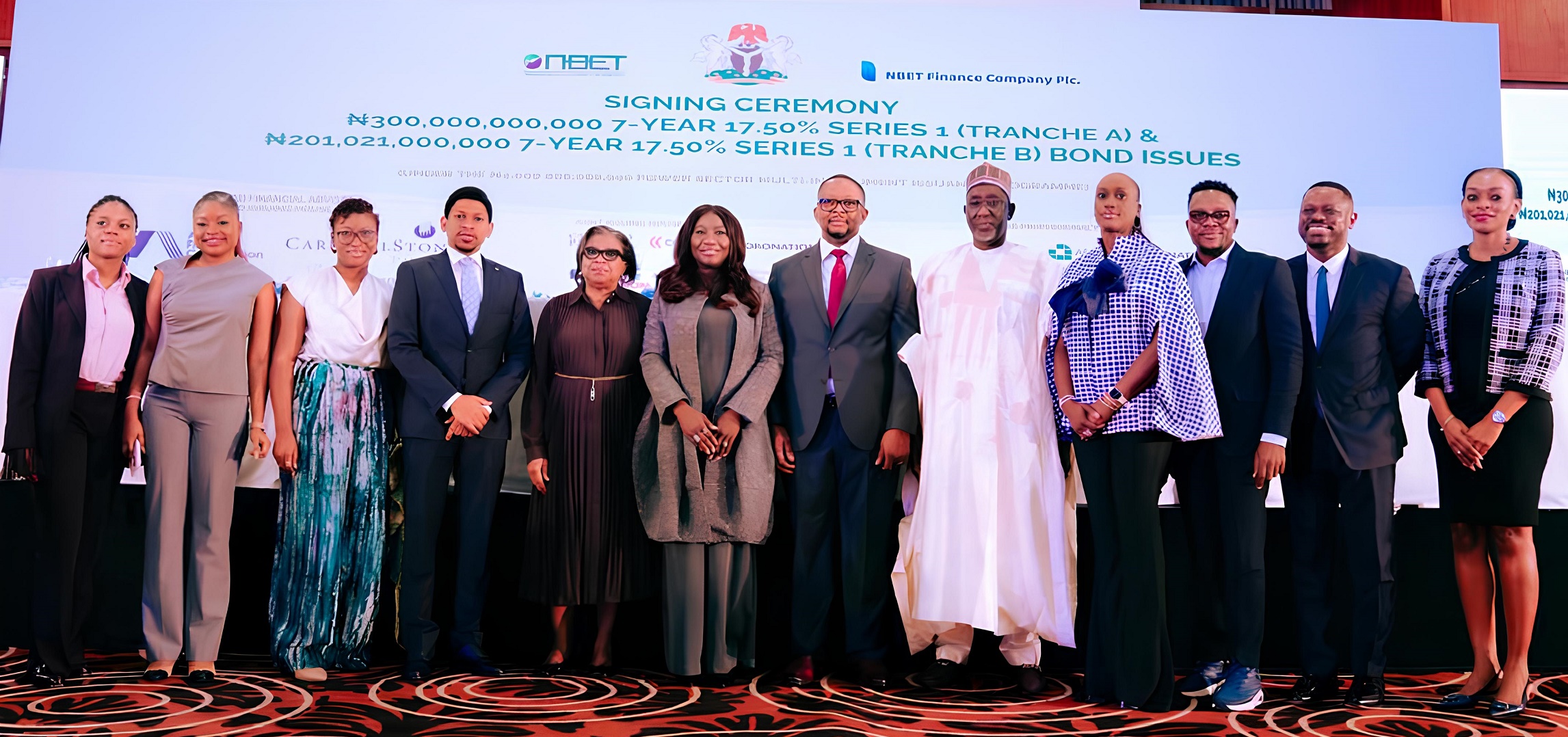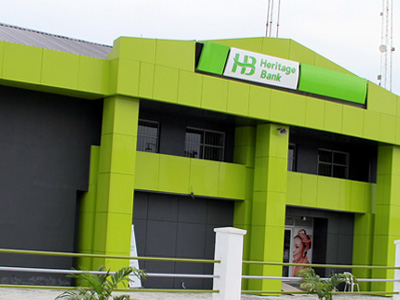
The audited financials tension of Japaul Oil & Maritime Services Plc was presented Wednesday to the Nigerian Stock Exchange for the year ended December 31, 2017, with the auditors PKF drawing attention to the shrinking revenue, shareholders funds and the rising total indebtedness.
While shareholders’ funds, for example has been eroded to N27.62bn in the period under review, owing to persistent operating losses over the past four years, the PKF noted the N45.46bn debt, resulting in gearing ratio of -185:1. Worse still, it noted.
PKF therefore summarized that Japaul “group may not generate enough revenue to cover its costs,” just as it noted that the group’s continued existence is dependent on revenue from contracts with major international oil companies (IOCs) and lending from creditors. Nigeria’s harsh operating environment, it noted may impede revenue and repayments of existing loan obligations, PKF added. Worse still, the auditors added, is the exposure of Japaul to liquidity and foreign currency risk arising from its US$ denominated borrowings
Revenue for the year declined by N1.177bn or 38.26% from N3.078bn in 2016 to N1.9bn, with revenue from vessel rental falling from N1.315bn to N738.303m; chipping and crushing, N257.613m, from N406.371m; and dredging fetched N177.366m, down from N384.764m. Electrical installations and constructions netted N259.004m; just as equipment rental, N14.017m from N3.498m; and roads construction, N454.663m, as against prior year’s N968.206m.
The year’s revenue remained lower than the N2.615bn direct costs, which fell from prior year’s N3.873bn. Gross loss therefore fell to N714.345m, from N794.548m, the biggest of which was the N1.419bn depreciation, compared with N1.415bn in 2016; followed by N352.784m vessels’ crew salaries and wages and maintenance, which dropped from N991.08m; A total of N255.579m went into equipment repairs and maintenance, down from N262.546m; just as costs of roads constructions suffered the most significant decline from N1.005bn in 2016, to N182.766m. The depreciation cost related to plant and equipment owned by Japaul, valued at N1.142bn, up from N1.144bn.
while other income slowed down to N659.977m from N2.952bn; just as the company successfully contained administrative expenses at N8.418bn from N21.384bn.
This resulted in operating loss of N8.472bn, down from N19.226bn in 2016; just as net finance costs climbed to N4.609bn from N2.118bn.
Loss before tax therefore dropped to N13.081bn from N21.344bn, representing a drop by about N8.263bn or 38.71%; while income tax expense grew to N127.152m from N96.778m; resulting in loss for the year from continued operations of N13.208bn, compared with N21.441bn in the corresponding period of 2016.
Exchange difference on translation of foreign operations and foreign currency denominated loan balances hedged stood at N4.028bn, as against a negative value of N570.299m, reducing total comprehensive loss for the year to N9.148bn, as against the N22.514bn of 2016. This translated to loss per share of N21.0, down from N3.51.
It was in a bid to turn around the company’s fortune that the owners opened discussions with Milost Global Inc., a New York equity investment firm announced plans to inject $350m, along with other Nigerian entities including Unity Bank Plc, Aso Savings & Loans, among others.
The investments have since become subject of negative press and public scrutiny, following which Unity Bank denied entering into any definitive agreement with Milost as its management only began preliminary discussions.
On Milost, Jegede Paul, founder and chairman of Japaul Oil Services said the regulatory authorities were informed that Japaul signed the Milost Equity Subscription Agreement (MESA 1), and that the investor “has not asked for any upfront fees from us until disbursement takes place, even the facilitation fees to Palewater who are advisers to the transaction is technically agreed to be paid when we start to drawdown on the facility despite agreement signed. An escrow account agreement is being worked upon to trigger the drawdown on the facility.”















